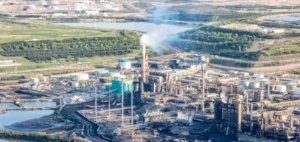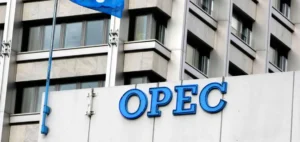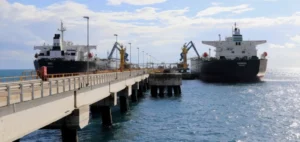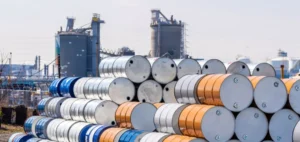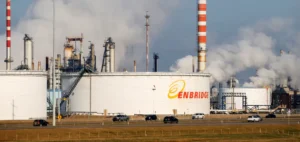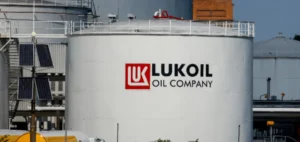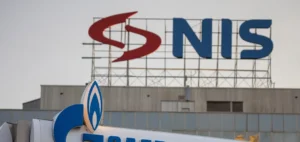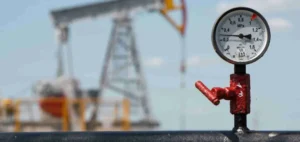A drone crashed into the Bachneft oil refining complex in Ufa, causing a fire at the site located more than 1,400 kilometres from the Ukrainian front line. The governor of the Bashkortostan region stated that there were no casualties and material damage was contained.
Claimed attack and targeted capacities
A source within the Main Directorate of Intelligence of Ukraine (GUR) claimed responsibility for the operation. This strike is part of a series of attacks on Russian energy infrastructure since the beginning of the conflict in 2022, aimed at limiting Moscow’s financial ability to support its military efforts.
According to official statements, a second drone was intercepted before reaching its target. The fire triggered by the first device was quickly brought under control. No additional details have been disclosed regarding the precise impact on the refinery’s output capacity.
Strategic industrial site for oil production
The targeted refining complex is owned by Russian oil company Bachneft, a subsidiary of the state conglomerate Rosneft. According to government data released in 2016, the Ufa facility ranks among the country’s largest and produces more than 150 types of oil products, including fuels, lubricants and specialised chemical components.
Although operations were partially disrupted, Russian authorities maintain that overall production suffered only limited impact. However, this attack adds to a series of similar incidents targeting energy infrastructure across Russian territory during the summer.
Impact on supply and markets
The increasing number of strikes on Russian refineries in recent months has tightened domestic fuel supply, causing pump prices to rise in several regions. While precise data on the reduction in refining capacity remains undisclosed, several market operators have reported a drop in deliveries across distribution networks.
The Russian Ministry of Energy has yet to issue a statement assessing long-term damage to the Bachneft site or its potential impact on refined product exports. The refiner has also not clarified whether compensatory measures will be introduced to maintain contractual volumes.





